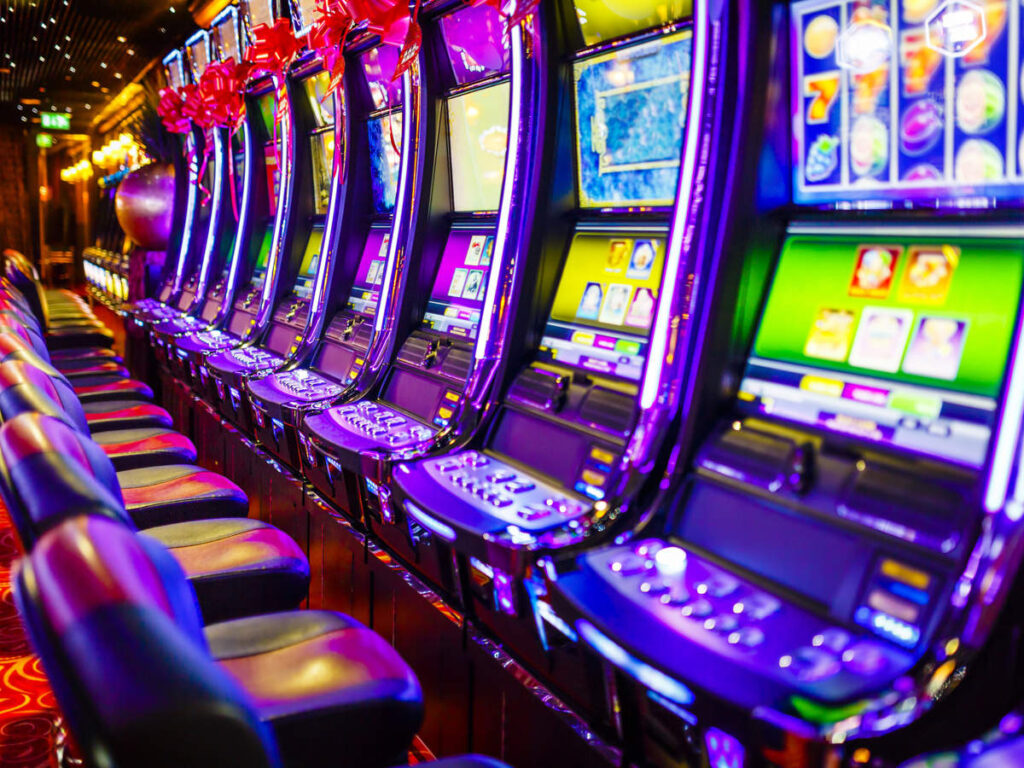Return to Player RTP is a critical factor influencing players’ choices when it comes to selecting slot machines. Essentially, RTP represents the percentage of wagered money that a particular game is programmed to return to players over time. This statistic serves as a benchmark for players, allowing them to gauge the potential profitability of a machine. Understanding RTP can significantly enhance a player’s gaming experience, aligning expectations with the realities of chance and strategy. When choosing a slot machine, players often look for games with higher RTP percentages, believing that these machines are more likely to pay out over time. While it is important to note that RTP is calculated over thousands or even millions of spins, a higher RTP can create a sense of confidence among players. This belief stems from the idea that a machine with an RTP of, say, 96% is more favorable than one with an RTP of 90%.

However, it is essential for players to recognize that this does not guarantee frequent wins; instead, it merely suggests that the potential for returns may be greater. Moreover, players are drawn to different themes, features, and gameplay styles, which also influence their decisions. While RTP is a vital statistic, the overall experience of playing a particular game cannot be overlooked. Factors such as graphics, sound design, and bonus features can make a game more appealing, sometimes leading players to choose a machine with a lower RTP for the sake of entertainment value. The psychological aspects of gaming also play a significant role; the thrill of a captivating theme or an engaging storyline can enhance the gaming experience, even if the potential payouts are not as high. In addition, players often consider their personal risk tolerance when selecting slot demo panen138 gacor hari ini machines.
Those who prefer high-risk, high-reward scenarios might gravitate toward slots with lower RTPs but higher volatility, while more conservative players might choose machines that offer steady, smaller wins. Understanding this relationship between RTP, volatility, and personal gaming preferences can help players make informed choices. In a competitive gaming landscape, many developers showcase their machines’ RTPs to attract players, creating a culture where RTP knowledge is shared among enthusiasts. This dissemination of information has empowered players to become more discerning in their choices, ultimately leading to a more informed gaming experience. Ultimately, the role of RTP in slot machine choices cannot be overstated. It acts as a guiding principle for many players, influencing their expectations and decisions. However, it is essential to balance this knowledge with personal enjoyment and individual preferences.